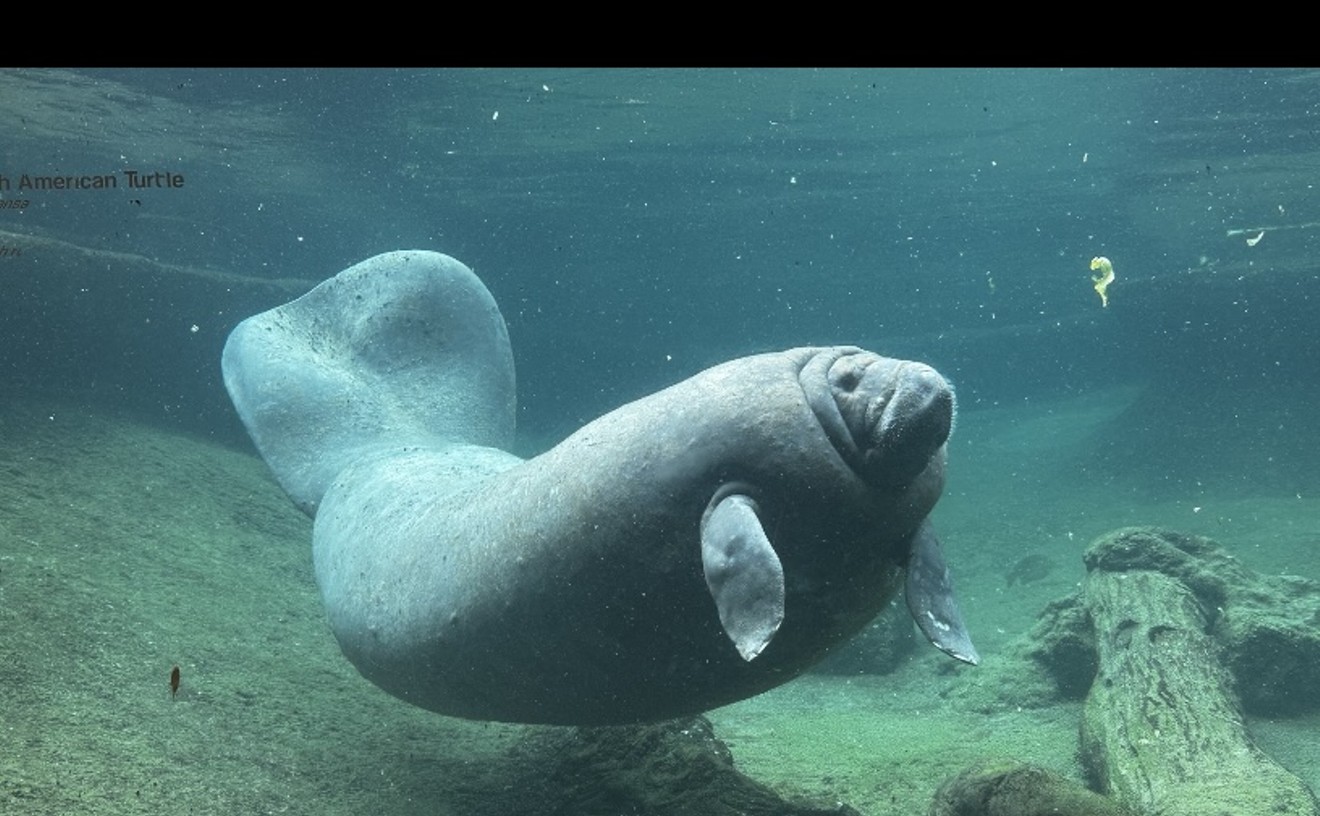Last summer, millions of Cubans were deliriously ready to blow their meager earnings on badly knit Che dolls on Etsy, flood Facebook with Fidel-praising status updates and, yeah, just download mucho, mucho porn. High-speed Internet, they were told, was finally coming to the masses via a 1,000-mile long cable between the island and Venezuela, paid for by Hugo Chavez.
Eight months later, those dreams are dead. The fast Internet has never materialized and now the government refuses to talk about the cable. Did it break? Was the project botched in a corruption scandal? Or is Castro too worried about the freedom-inducing effects of widespread Internet access?
No one in Cuba knows for sure, but there's no doubt that ordinary Cubans still have to labor through AOL-dial-up quality connections if they can get on the web at all.
"I had high hopes, great expectations for the cable," a doctor in Havana, who declined to give her name, tells the Associated Press. "For me, doing a postgraduate degree, (the Internet connection) is no good. It's too basic and poor for our needs ... They haven't given us any explanation."
Cuba-watchers have a few theories about what may have happened to the cable, which arrived in Santiago de Cuba last August with loud government fanfare.
First, the AP reports, rumors have swirled that an embezzlement scheme sunk the project and that numerous top telecom officials have been arrested. No one would go on the record to talk about the project, but diplomats say that corners were cut as officials skimmed millions off the top.
"They did some photo-op ... and then that scandal came out, and then it just disappeared from human consciousness," Larry Press, a professor at California State University, Dominguez Hills, who studies Cuba, tells the AP.
But others think there may be more political motives behind the disappearing cable. Cuba's project came to fruition just as the Twitter-fueled fervor of the Arab Spring was transforming Egypt, Libya and Tunisia.
Castro, some say, may have had second thoughts about giving average Cubans easy access to powerful social media.
"They're afraid of it. They don't want a 'Cuban Spring,' so to speak," Press says.
Either way, the Internet age is slowly but surely changing Cuba; Revolico, the online Craigslist-esque site where Cubans buy, sell and swap everything from rusted 50s Chevy's to computer parts, is still going strong.
Bloggers like Yoanni Sanchez will keep spreading their work through flash drives and printouts. And one glorious day, teenagers around Havana will finally get those Lindsay Lohan pics they've been waiting for.
Follow Miami New Times on Facebook and Twitter @MiamiNewTimes.











